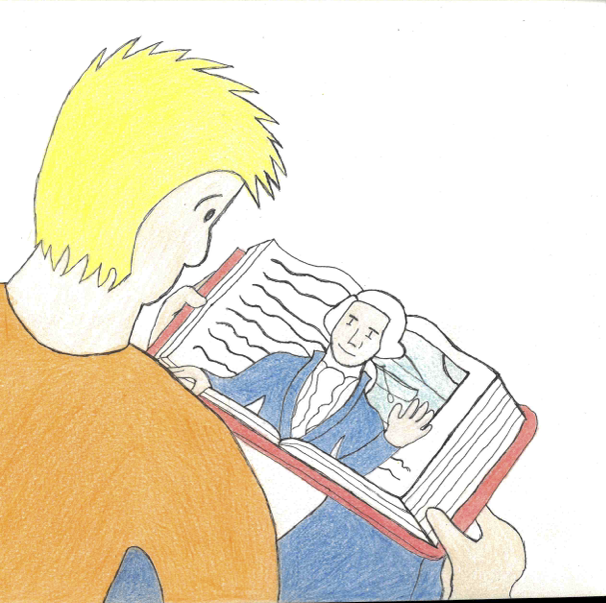By Payton Isner, Contributor
Donald Trump unveiled the updated version of his travel ban in early March, a month after his first was struck down by a Federal District Judge. Trump’s new travel ban includes exceptions for current visa holders and those with residency papers, and removes Iraq from its list of affected nations. The list now includes Libya, Yemen, Syria, Sudan, Somalia and Iran and halts immigration and travel for 90 days and refugees for 120.
The main argument against the first travel ban was its inclusion of individuals with proper visas and residency papers; those having previously undergone U.S. background checks and even worked or attended school in the States. Now, the argument has shifted to religious motives, targeting what some refer to as “a Muslim ban” on nations that have Muslim-majority populations.
However, when you examine the current political and cultural atmosphere in the countries listed in the newest ban, it’s hard to argue with why they ended up on that list. Every nation listed, except for Somalia, is a state sponsor of terrorism as deemed by the State Department, meaning the governments sponsor or fund terrorist organizations in one form or another. This list was compiled by the Obama Administration and is widely considered bipartisan in its creation. Somalia, the only exception to this rule, is a haven for terrorism still and lacks a centralized government. Some experts wonder why they’re not on the State Sponsor of Terrorism list.
In addition, the State Department has issued travel warnings and alerts for every nation on the list in the past year, all of which occurred when President Obama was in office, apart from Iraq, whose travel warning was updated on Jan. 31. So, if the United States doesn’t want its citizens travelling to the nations listed, why would anyone permit their citizens to travel here?
Here’s the fact of the matter: this is not a Muslim ban. Yes, these nations are “Muslim majority” but there are still significant populations of Christians, Jews and other religious minorities that are prevented from entering the United States. If we set the precedent that the president can’t halt immigration from any nation because it may alienate a specific religion, we prevent the United States from ever halting immigration from anywhere. Every nation has a religious majority and religious minorities. Therefore the U.S. could not have regulated its borders during wartime like we saw during the Second World War and the months following 9/11.
All in all, the president has the right to limit, or even halt, immigration as he sees fit. Under the Alien and Sedition Acts of 1798, the president has the autonomy to suspend immigration and visas from states the United States deems an “enemy” or is at war with. With the State Department identifying these nations as state sponsors of terrorism and issuing travel warnings on each of them, there is a strong argument that the President can, and even should, use the power granted to him. Finally, this isn’t a permanent ban. It’s a temporary one to allow the president’s new administration to assess current vetting processes, a reasonable request given his promise to shake up Washington and “put America first.” The President of the United States has an obligation to serve American citizens and the Constitution and that’s precisely what he’s doing.
































